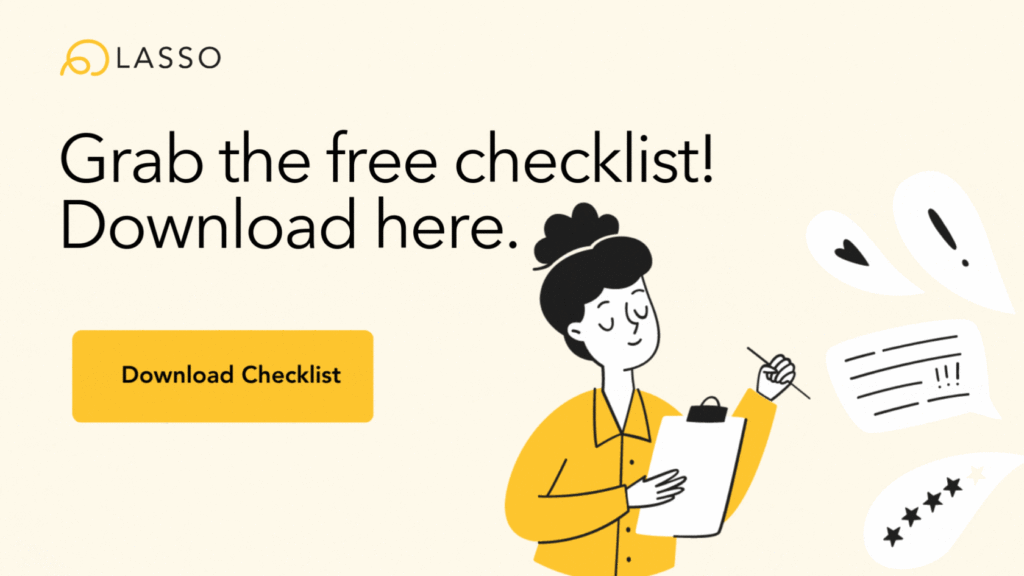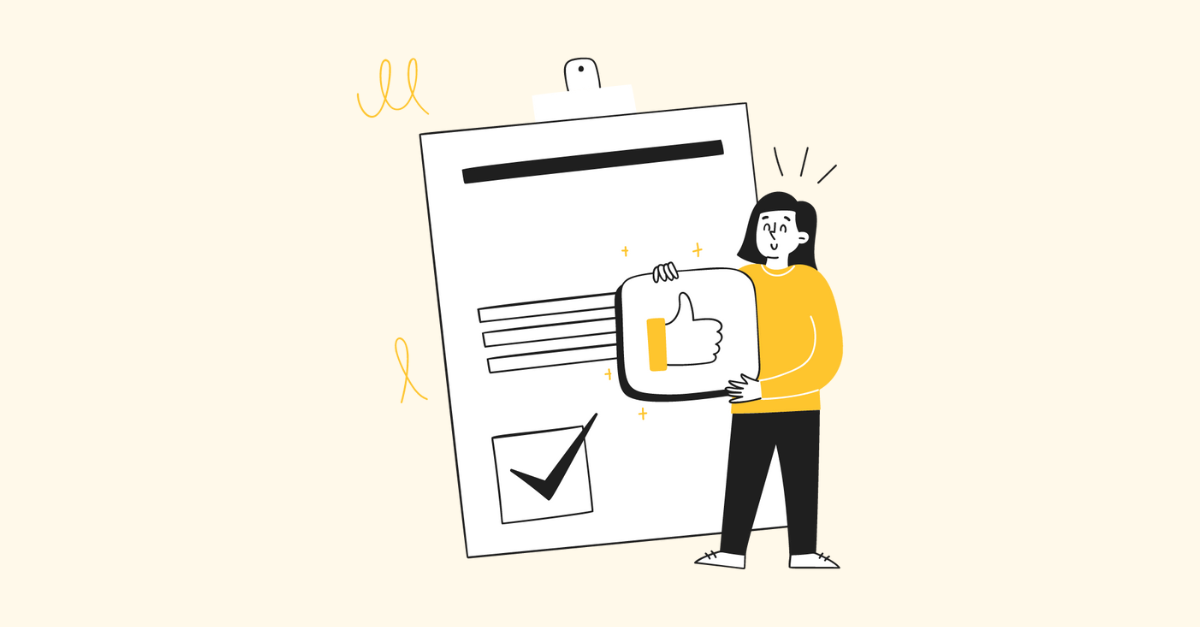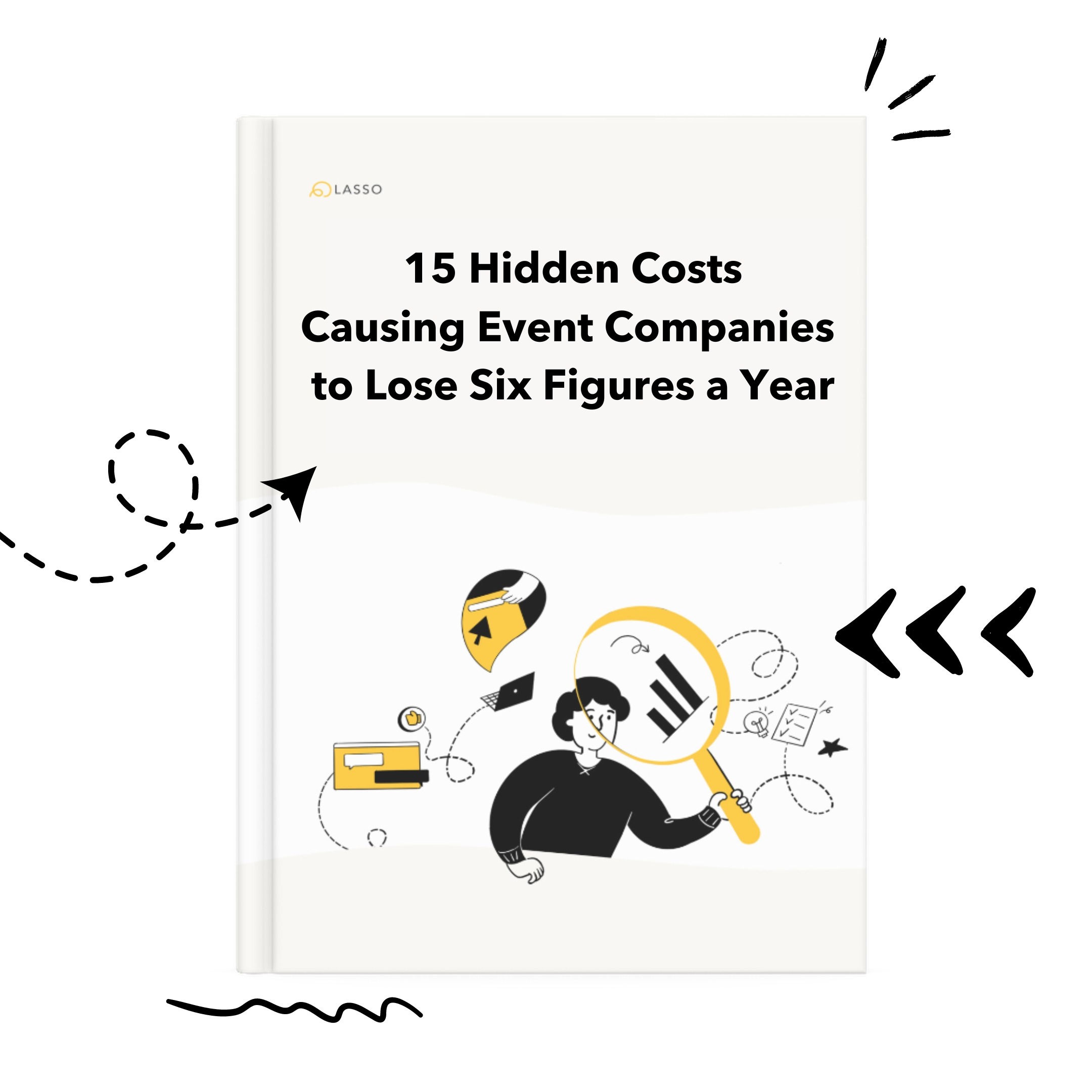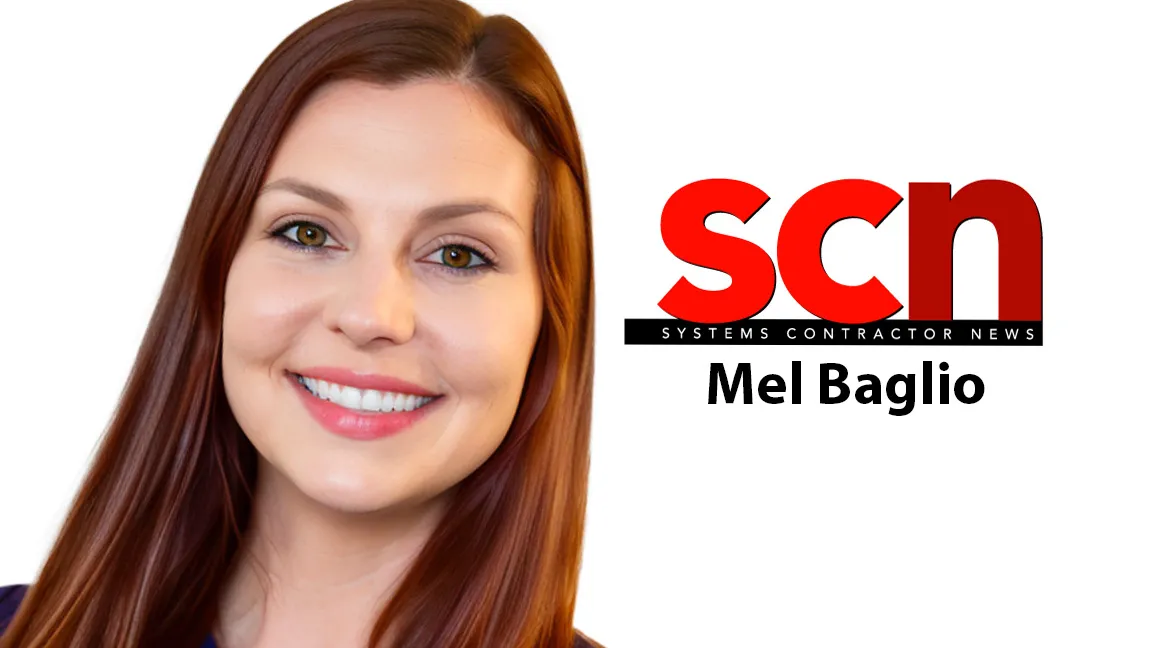Choosing the right software can be a game-changer for your business. As an executive buyer, it’s crucial to ask the right questions to ensure that the software you choose not only meets your current needs but also aligns with your long-term business objectives. We created LASSO specifically for event and entertainment companies—ensuring that we check every box.
Here’s a comprehensive overview to help you navigate this decision-making process.
1. Depth of Product
Adding one more piece of software to the dozen you already deploy to produce events doesn’t solve your problem. Ask yourself these questions:
- How many current softwares will this solution replace?
- Does this software have open APIs to easily integrate into my workflow?
- How many areas of our workflow will this improve? (sales, operations, labor, logistics, warehouse, finance, production)
2. Security: Ensuring Data Integrity & Availability
Security is paramount in any software solution. When evaluating event management software, consider these:
- Compliance & Protection: Does the supplier have security certifications and accreditations to ensure data is secure? What proactive security measures are in place to safeguard sensitive data?
- Reliability: What is the software’s uptime percentage? Is there a Service Level Agreement (SLA) that guarantees this uptime?
3. Mobile Functionality: Empowering On-the-Go Teams
Your team is constantly on-the-go—make sure their tools can be too. When considering a software, check in on its mobile functionality:
- Mobile App Availability: Does the software include a mobile app? What features are accessible via the mobile app compared to the web version?
- User Satisfaction and Updates: What is the rating of the mobile app on app stores? How frequently is the app updated, and are these updates based on user feedback?
4. Product Development: Continuous Improvement
The backbone of any software is its development and support team. Key questions should include:
- Team Expertise & Responsiveness: How experienced is the engineering team? What is their approach to development?
- Innovation & Responsiveness: How often are new features and updates released? Are these developments influenced by user feedback?
- Architecture: Is the development team dedicated to staying up to date with the latest technologies?
- Customer Feedback: How does the provider handle feedback and requests for improvements?
5. Customer Support & Satisfaction: Accessibility of the Team
Delighting customers through white glove support is paramount. Explore what resources will be available to you starting before the contract is ever signed:
- Dedicated Customer Success: Is there someone who is invested in your success? Someone who knows you personally and understands your company’s workflow? Is this person from the industry really understanding your challenges? More importantly, can you reach them directly or are you thrown into a general support queue?
- Online Community: Is there a place to go to connect with the provider and your peers in the industry? A place to discuss business challenges, get best practices, or just meet others in the industry?
- Implementation & Onboarding: How are new customers onboarded onto the platform? How long does implementation take? What does their relationship with the team look like after implementation?
6. Industry Expertise: Specialized Understanding of Event Management
A provider with a deep understanding of the event industry can offer more tailored solutions. Consider asking:
- Experience: Are the founders from the industry? Have they run an event business?
- Team Makeup: Is the team made up of event professionals who have personal experiences similar to yours or will you constantly be educating them on how events work?
- Sector Knowledge: Does the provider specialize in event management software? Do they understand the unique challenges and needs of this sector?
7. Financial Stability: A Foundation for Future Growth
The financial health of your software provider is a non-negotiable aspect that affects their long-term viability and support. Ask about:
- Company Growth: Is the company growing? Are they innovating? Are they adding new products? Can they provide evidence of sustained growth and investment?
For a deeper dive into these critical areas, download our quick start guide, which includes a comprehensive list of questions to ask potential software providers. This resource will equip you with the knowledge to make an informed decision that aligns with your strategic goals.

By addressing these key areas, you can confidently select an event management software that not only meets your immediate needs but also supports your strategic vision for growth and efficiency.
LASSO’s strong performance across these pillars—especially in security, industry expertise, and mobile functionality—makes it a compelling choice. Our deep understanding of the event management industry ensures that the software is not only functional but also comprehensive in addressing your specific needs.





